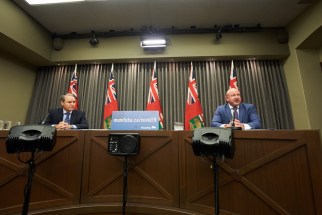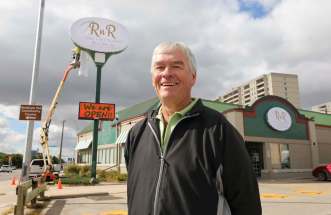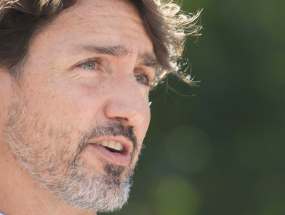PM calculating a win-win gamble
Read this article for free:
or
Already have an account? Log in here »
To continue reading, please subscribe:
Monthly Digital Subscription
$0 for the first 4 weeks*
- Enjoy unlimited reading on winnipegfreepress.com
- Read the E-Edition, our digital replica newspaper
- Access News Break, our award-winning app
- Play interactive puzzles
*No charge for 4 weeks then price increases to the regular rate of $19.00 plus GST every four weeks. Offer available to new and qualified returning subscribers only. Cancel any time.
Monthly Digital Subscription
$4.75/week*
- Enjoy unlimited reading on winnipegfreepress.com
- Read the E-Edition, our digital replica newspaper
- Access News Break, our award-winning app
- Play interactive puzzles
*Billed as $19 plus GST every four weeks. Cancel any time.
To continue reading, please subscribe:
Add Free Press access to your Brandon Sun subscription for only an additional
$1 for the first 4 weeks*
*Your next subscription payment will increase by $1.00 and you will be charged $16.99 plus GST for four weeks. After four weeks, your payment will increase to $23.99 plus GST every four weeks.
Read unlimited articles for free today:
or
Already have an account? Log in here »
Hey there, time traveller!
This article was published 08/09/2020 (1923 days ago), so information in it may no longer be current.
Two weeks from now, Prime Minister Justin Trudeau and his government will give the country their grand plan to reshape Canada for the post-pandemic era. The Parliament he prorogued in mid-August will meet again Sept. 23 to hear the government’s promised throne speech and then either endorse the plan or reject it. If they endorse, the government carries on. If they reject, the country presumably holds a general election.
Mr. Trudeau’s gamble is that the government wins either way: the plan will be so attractive that the opposition parties, or some of them, will have to endorse it; but if they don’t he will go to the country and perhaps win the parliamentary majority that eluded him last fall.
The prime minister was clearly toying with big ideas for Canada’s future when he started down this path in August. He dumped Bill Morneau, the finance minister who seemed uncomfortable with the big ideas and was not willing to stick around long enough to carry them out. He gave the finance post to Chrystia Freeland, the all-purpose minister who had already worked wonders with the U.S. trade treaty and won the admiring support of Canada’s most powerful Conservative, Ontario Premier Doug Ford.
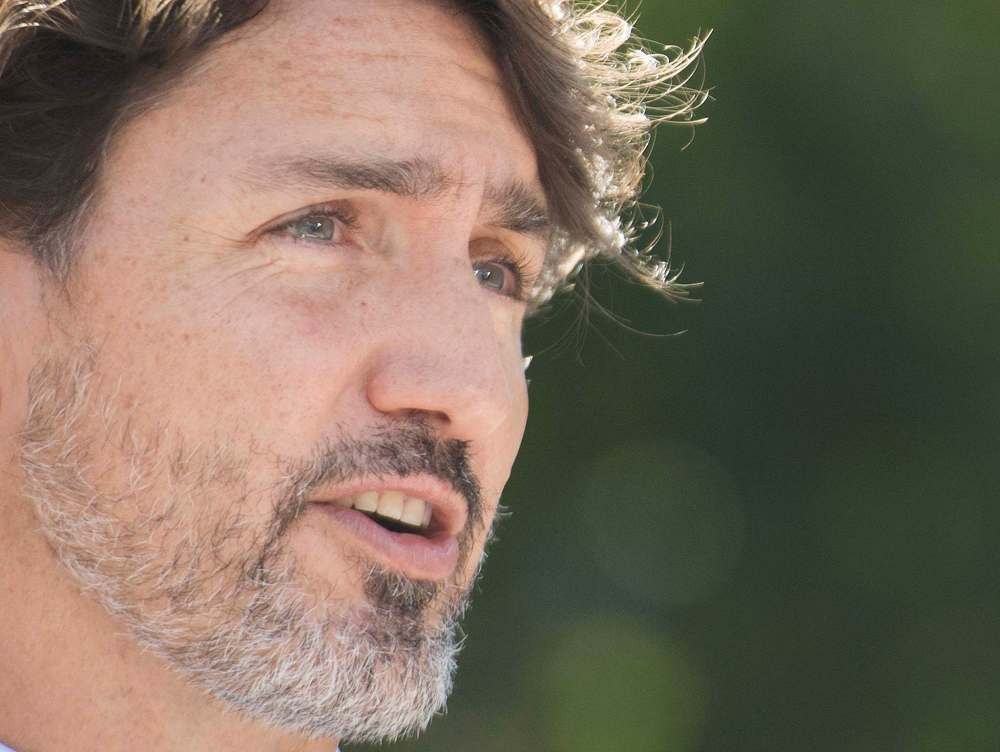
“We have a choice to make,” the prime minister said. “We can decide to move forward instead of returning to the status quo. We can choose to embrace bold new solutions to the challenges we face and refuse to be held back by old ways of thinking.”
Grand plans have their uses and their limitations. Prussian Field-Marshall Helmut von Moltke, a famous maker of war plans, taught that no plan survives first contact with the enemy. Since nobody knows what the other side will do, commanders have to keep their options open, plan or no plan.
Mr. Trudeau’s plan five years ago was to budget for a few teeny-weeny deficits of around $10 billion a year and then balance the budget about now. The finance department thought in July that this year’s deficit stood somewhere around $343 billion — which suggests that Helmuth von Moltke may have known more about plans than Justin Trudeau does.
Mr. Trudeau asked for bold new solutions. One of his recent bold solutions was to put WE Charity in charge of paying modest wages to young people who had already volunteered to perform unpaid community service work. That bold solution was scrapped after it turned out WE Charity was a favoured charitable cause of Mr. Trudeau and members of his family, who accepted money from the charity for speaking engagements.
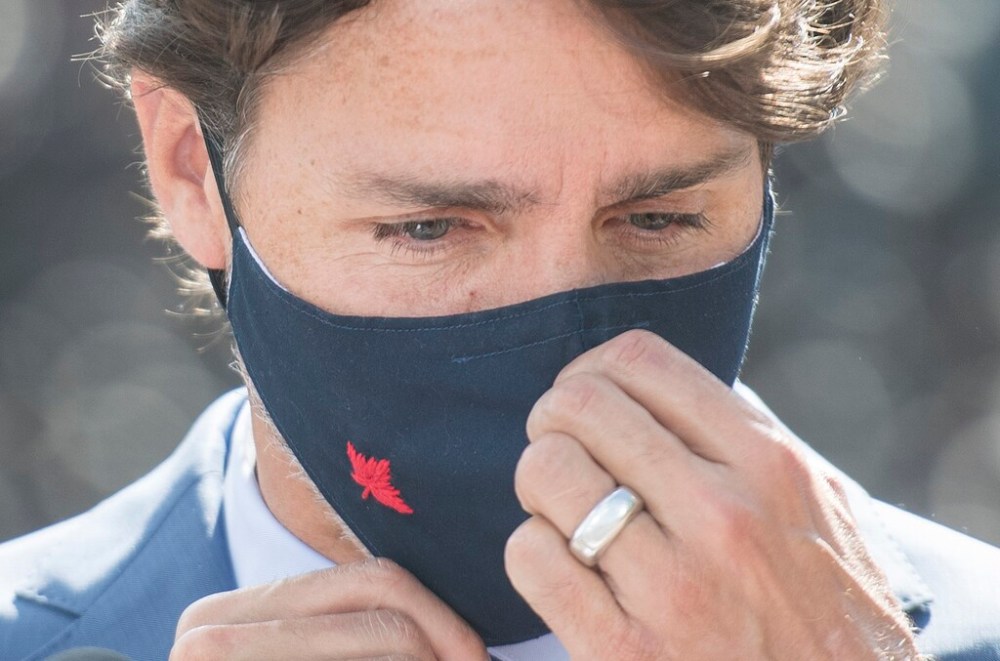
Mr. Trudeau and his government are not in trouble. There is no doubt about their right to govern. The Conservative opposition is still feeling its way toward a program, torn between its need to find support in Ontario and Quebec and the great preponderance of Saskatchewan and Alberta voices in the party. The New Democrats are easily kept close to the Liberals by progressive measures for which they can claim credit.
In these conditions, the government need not venture a long way out onto the swaying branch of bold new solutions. Nor does it need to peer deep into the crystal ball for revelations of Canada’s distant future. Mr. Trudeau and his ministers should simply look hard at how Canadians are living today. They should carefully put one foot in front of the other and aim to make Canada better next year than it is now. If they can accomplish that, they’ll be doing better than most governments.


